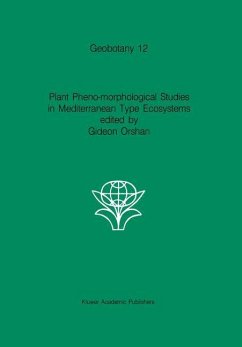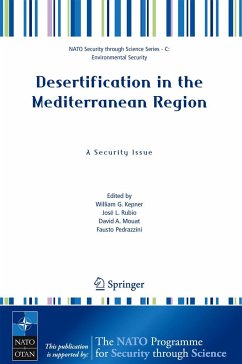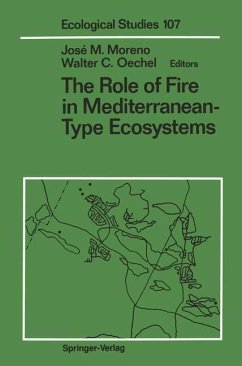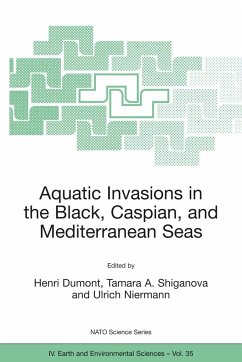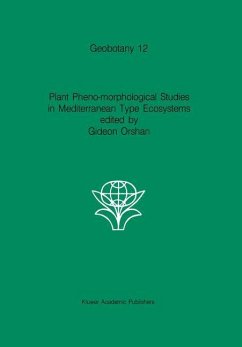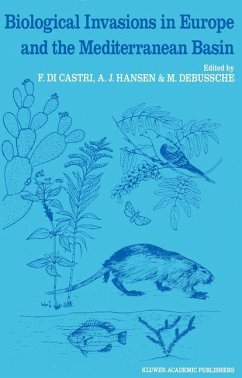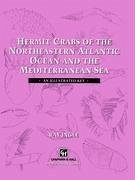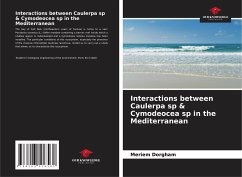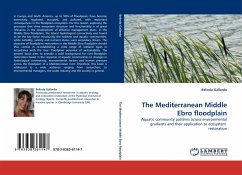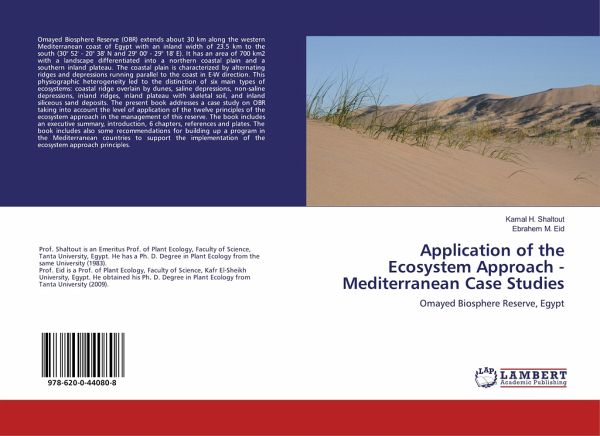
Application of the Ecosystem Approach - Mediterranean Case Studies
Omayed Biosphere Reserve, Egypt
Versandkostenfrei!
Versandfertig in 1-2 Wochen
36,99 €
inkl. MwSt.

PAYBACK Punkte
18 °P sammeln!
Omayed Biosphere Reserve (OBR) extends about 30 km along the western Mediterranean coast of Egypt with an inland width of 23.5 km to the south (30° 52' - 20° 38' N and 29° 00' - 29° 18' E). It has an area of 700 km2 with a landscape differentiated into a northern coastal plain and a southern inland plateau. The coastal plain is characterized by alternating ridges and depressions running parallel to the coast in E-W direction. This physiographic heterogeneity led to the distinction of six main types of ecosystems: coastal ridge overlain by dunes, saline depressions, non-saline depressions, ...
Omayed Biosphere Reserve (OBR) extends about 30 km along the western Mediterranean coast of Egypt with an inland width of 23.5 km to the south (30° 52' - 20° 38' N and 29° 00' - 29° 18' E). It has an area of 700 km2 with a landscape differentiated into a northern coastal plain and a southern inland plateau. The coastal plain is characterized by alternating ridges and depressions running parallel to the coast in E-W direction. This physiographic heterogeneity led to the distinction of six main types of ecosystems: coastal ridge overlain by dunes, saline depressions, non-saline depressions, inland ridges, inland plateau with skeletal soil, and inland siliceous sand deposits. The present book addresses a case study on OBR taking into account the level of application of the twelve principles of the ecosystem approach in the management of this reserve. The book includes an executive summary, introduction, 6 chapters, references and plates. The book includes also some recommendations for building up a program in the Mediterranean countries to support the implementation of the ecosystem approach principles.



